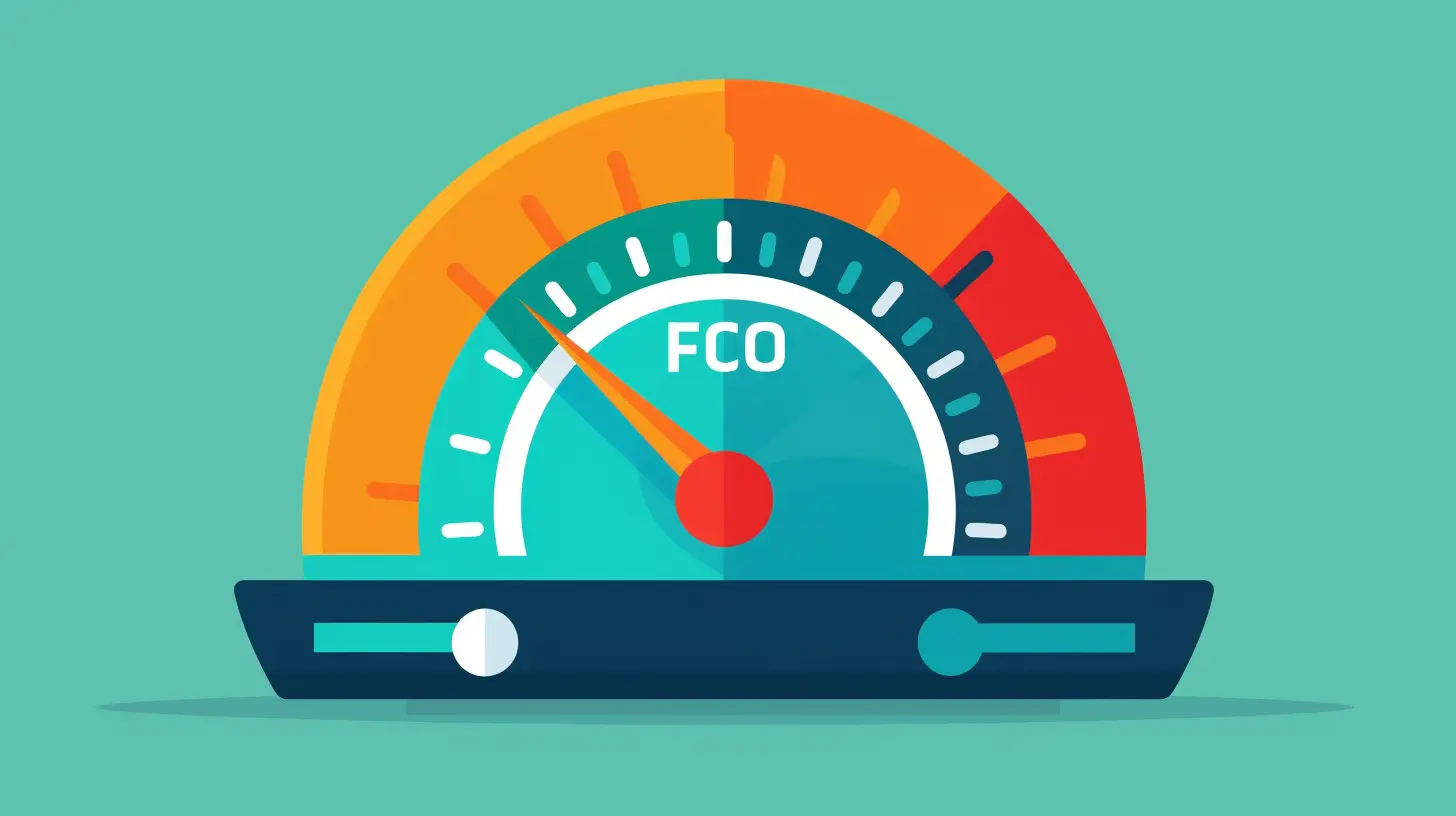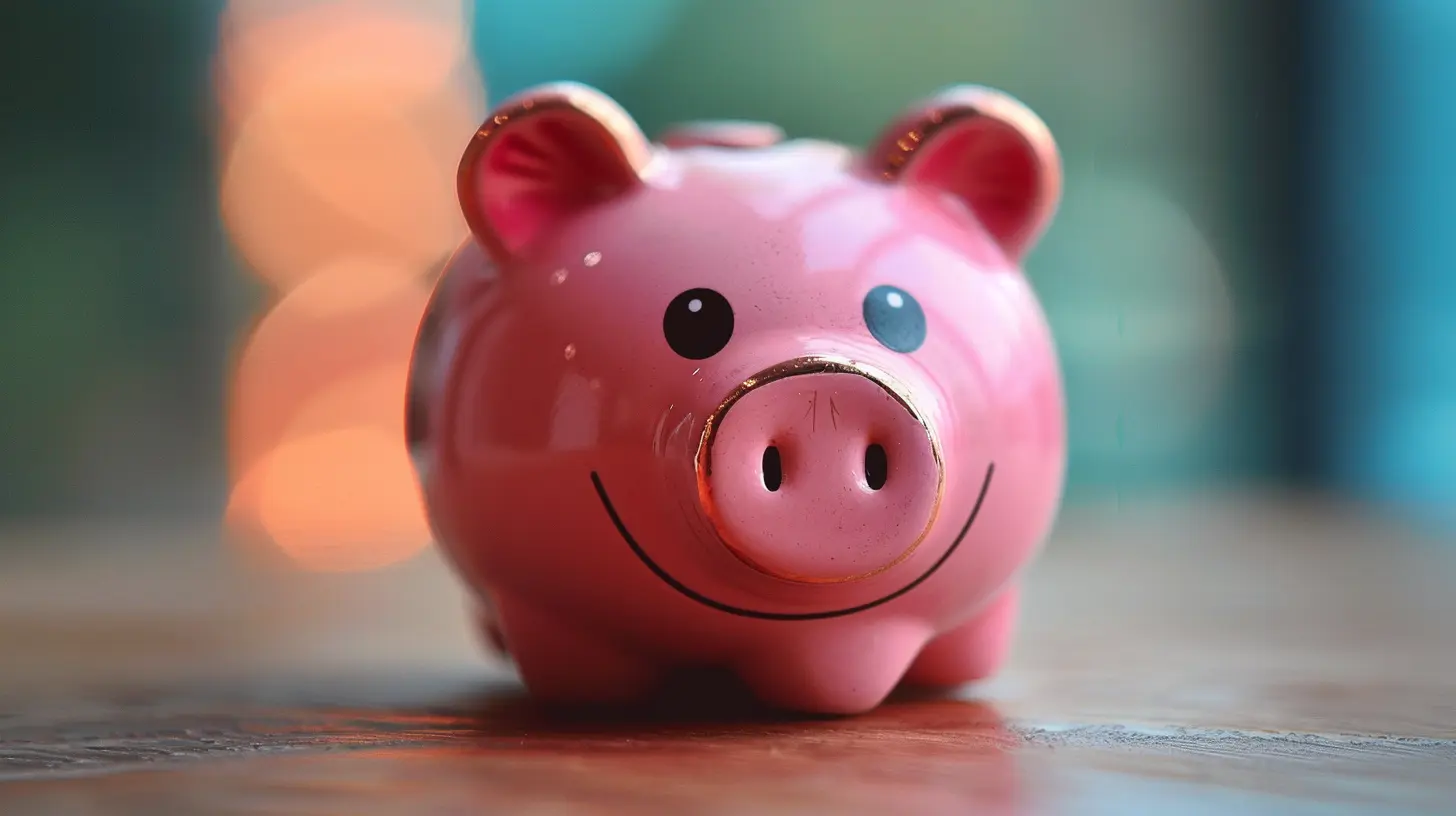The Role of FICO Scores in Getting a Personal Loan
3 July 2025
When you apply for a personal loan, lenders want to know one main thing: Can you pay it back? Your FICO score gives them that answer—at least, in their eyes. It’s a three-digit number that can make or break your chances of getting a loan, impacting everything from approval odds to interest rates.
But how exactly does your FICO score affect your loan application? And what can you do if your score isn’t perfect? Let’s break it down.

What Is a FICO Score?
Your FICO score (Fair Isaac Corporation score) is a numerical representation of your creditworthiness. It’s basically your financial report card. Banks, credit unions, and online lenders use it to gauge how responsibly you handle debt.FICO scores range from 300 to 850, with higher scores showing stronger creditworthiness. The categories typically look like this:
- 300 – 579: Poor
- 580 – 669: Fair
- 670 – 739: Good
- 740 – 799: Very Good
- 800 – 850: Exceptional
If your score is on the lower end, lenders might see you as a risky borrower. On the flip side, a high score can get you better loan terms, lower interest rates, and faster approvals.

How a FICO Score Affects Personal Loan Approval
When you apply for a personal loan, lenders analyze your financial history to determine your reliability. Here’s how your FICO score influences the process:1. Loan Approval Chances
Lenders have minimum credit score requirements. If your score is too low, your application could be denied outright. Some lenders specialize in bad-credit loans, but they come at a cost—higher interest rates and strict repayment terms.Generally, a FICO score of 670 or higher puts you in a good position to qualify for most personal loans.
2. Interest Rates
Even if you get approved, your FICO score determines how much you’ll pay in interest. Higher scores mean lower rates, which means less money paid over time.Compare the difference:
| FICO Score | Average Personal Loan Interest Rate |
|------------|----------------------------------|
| 300 – 579 | 28% – 36%+ |
| 580 – 669 | 17% – 26% |
| 670 – 739 | 7% – 15% |
| 740 – 799 | 5% – 10% |
| 800 – 850 | 4% – 7% |
If your score is below 600, expect to pay a hefty interest rate or get limited borrowing options.
3. Loan Amount and Repayment Terms
Lenders also use your FICO score to decide how much money you can borrow and how long you have to repay it.- Higher FICO Score = Access to larger loan amounts with longer repayment terms.
- Lower FICO Score = Smaller loans, shorter terms, and higher monthly payments.
A strong FICO score gives you more flexibility and better financial opportunities.

How FICO Scores Are Calculated
Understanding how your FICO score is calculated can help you improve it before applying for a loan. Here’s the breakdown:| Factor | Weight | Description |
|-------------------------|--------|-------------|
| Payment History | 35% | Have you made payments on time? Late payments hurt your score. |
| Amounts Owed | 30% | How much total debt do you have? High credit usage lowers your score. |
| Length of Credit History | 15% | How long have you had credit? Older accounts build trust. |
| Credit Mix | 10% | Do you have different types of credit (credit cards, loans, mortgages)? Diverse credit is beneficial. |
| New Credit | 10% | Opening several new accounts in a short time can lower your score. Hard inquiries matter. |
If you want to boost your FICO score, focusing on payment history and credit utilization (your debt-to-credit ratio) will yield the fastest results.

How to Improve Your FICO Score Before Applying for a Personal Loan
If your credit score isn’t where you’d like it to be, don’t panic. With consistent effort, you can improve it and increase your chances of approval. Here’s how:1. Pay Bills on Time—Every Time
Since payment history makes up 35% of your score, one late payment can seriously hurt your chances of getting a loan. Set up automatic payments or reminders to ensure you never miss a due date.2. Lower Your Credit Utilization Ratio
Your credit utilization ratio is the percentage of available credit you’re using. Lenders prefer 30% or lower. If your credit limits total $10,000, you should aim to keep your balances below $3,000.3. Avoid Opening Too Many New Accounts
Each loan or credit card application results in a hard inquiry, which can lower your score. If you’re planning to apply for a personal loan, don’t open new accounts right before applying.4. Check for Errors on Your Credit Report
Mistakes happen. A single reporting error can drag down your score unfairly. Check your credit reports (Experian, TransUnion, and Equifax) for inaccuracies and dispute anything incorrect.5. Pay Down Existing Debt
Lenders want to see that you’re responsible with debt. Paying down existing balances reduces your debt-to-income ratio, making you a more attractive borrower.Can You Get a Personal Loan with a Low FICO Score?
If your FICO score isn’t great, you still have options. Here’s what you can do:- Look for lenders that offer "bad-credit personal loans" – Some lenders specialize in loans for people with fair or poor credit. Just be aware of higher interest rates and fees.
- Consider a secured personal loan – A secured loan requires collateral (like a car or savings account), which reduces risk for the lender and increases your chances of approval.
- Get a co-signer – If someone with good credit co-signs the loan, their FICO score helps you qualify. Just keep in mind that if you miss payments, they’re on the hook.
- Improve your score before applying – If possible, take a few months to boost your credit before applying for a loan. Even a 20-30 point increase can make a huge difference in your interest rate.
Final Thoughts
Your FICO score plays a huge role in getting a personal loan. It influences whether you get approved, how much you can borrow, and how much interest you’ll pay. The higher your score, the better your loan options.If your score isn’t ideal, don’t lose hope. There are plenty of ways to improve it or find alternative lending options. Take control of your credit, and you’ll put yourself in the best position to secure the loan you need—on the best possible terms.
all images in this post were generated using AI tools
Category:
Fico ScoreAuthor:

Angelica Montgomery
Discussion
rate this article
1 comments
Edward McVaney
Understanding FICO scores is essential for borrowing.
July 18, 2025 at 12:18 PM

Angelica Montgomery
Absolutely! FICO scores play a crucial role in determining loan eligibility and interest rates, making their understanding vital for borrowers.


